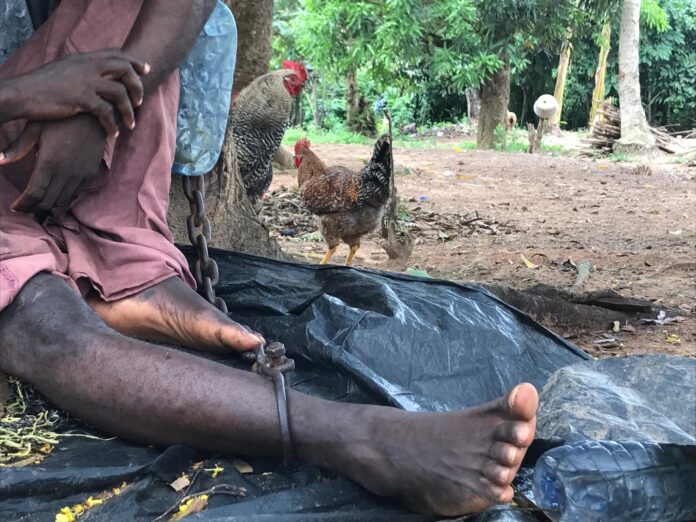
A Neuroscientist, Dr Lihue Qulu, has advised Africans to be confident and discuss mental health issues just like they do with other ailments.
According to Dr Qulu, some Africans feel ashamed and shy talking about issues relating to mental health. She added that People’s mental health gets affected due to early life exposure to extreme stress like sexual violence, severe punishments, verbal abuse and other forms of stress people go through while growing up.
Speaking on the Morning Starr with Francis Abban, she emphasized that Africans need to prioritize fixing their brains before fixing other parts of the body and stop attaching patriarchy to rape cases.
“In our quest to save the men and protect the women, cases of family sexual violence are not spoken off, it continues to destroy the mental health condition of the woman involved”.
She emphasized that it is a total waste of time to check up on other parts of the body and forget your mental health.
“Therapy should be available to Africans. It’s more important to take mental health issues seriously because if you look after your heart and other parts without the brain, you’re going nowhere”.
She also encouraged that we live more stress-free lives to reduce the risk we pose to our mental health.
“Get 7-8 hours of sleep every night. For men, it reduces your testosterone levels the older you get. Read, expose yourself to new things, forgive, love, live your purpose because the brain shrinks anytime we give it stress”.
Mental health includes our emotional, psychological, and social well-being. It affects how we think, feel and act. It also helps determine how we handle stress, relate to others, and make healthy choices. Mental health is important at every stage of life, from childhood and adolescence through adulthood.
Sourcing the data from the WHO and the Ghana Mental Authority, Mr. Kwaku Agyeman-Manu, the Health Minister told parliament that “it is established that 41% of Ghanaians have psychological distress-mild moderate, severe and this costs the nation 7% GDP loss.
“The World Health Organization (WHO) estimates that 10% of the population of Ghana has one form of mental disorder or the other. Thus, with an estimated 31 million population in Ghana, we have an estimated 3.1 million with mental disorders”, he said.
During August 2020-February 2021, the percentage of adults with recent symptoms of anxiety or a depressive disorder increased from 36.4% to 41.5%, and the percentage of those reporting unmet mental healthcare needs to be increased from 9.2% to 11.7%.
Source: Ghana/Starrfm.com.gh/103.5FM/Bernice Mensah

